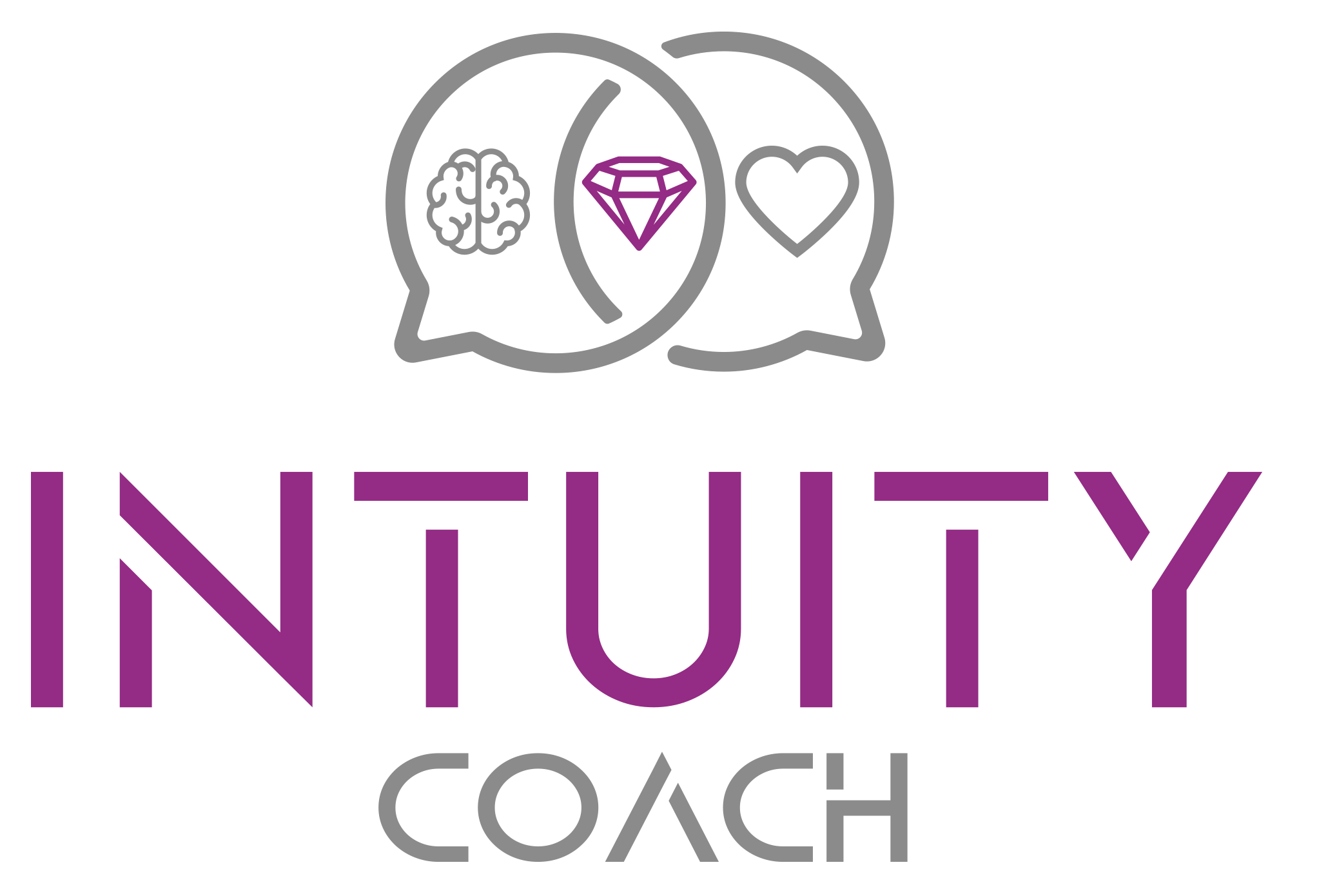Imposter Syndrome Unmasked: Navigating the Shadows of Self-Doubt

Picture this: You've just landed your dream job, earned that long-awaited promotion, or received accolades for your exceptional work. Everything seems to be falling into place, but there's this nagging voice in your head whispering, "You don't belong here. You're just lucky. Any moment now, they'll find out you're a fraud." Welcome to the enigmatic realm of Imposter Syndrome.
In my coaching engagement with a highly talented young professional, she encountered challenges in effectively prioritizing tasks, resulting in a consistent pattern of working overtime. Initially, she lacked awareness of alternative strategies to optimize her time management while enhancing her job performance. As our sessions progressed, we delved into the concept of the "Superhero" archetype, revealing that her inclination to prioritize others often overshadowed the importance of self-care. Through this realization, she gained clarity on the significance of prioritizing her well-being, recognizing that saving oneself is a fundamental precursor to effectively contributing to the success of others in both personal and professional realms.
The Many Faces of Imposter Syndrome
Imposter Syndrome isn't a one-size-fits-all experience; it comes in various shapes and sizes. Understanding some of these types can be a game-changer in dismantling its grip on your confidence.
The Perfectionist
Do you set impossibly high standards for yourself and dread falling short? The Perfectionist type of Imposter Syndrome leads individuals to believe that anything less than perfection equals failure. Embracing imperfections and acknowledging that mistakes are part of the learning process can help combat this manifestation.
The Superhero
This type of imposter feels an incessant need to shoulder all responsibilities, believing that others expect them to be a superhero who can handle everything flawlessly. The Superhero often struggles to delegate tasks and feels guilty when unable to meet unrealistic expectations. Here are some key aspects of this type:
- Reluctance to Delegate:
The Superhero often struggles to delegate tasks to others, fearing that entrusting responsibilities to someone else may lead to subpar results or create an impression of incompetence.
This reluctance to share the workload can result in burnout as the individual takes on more than they can realistically handle.
- Perfectionism:
The Superhero sets exceptionally high standards for themselves, aiming for perfection in every task. This perfectionism can be a double-edged sword, driving them to excel but also leading to stress and anxiety when faced with inevitable imperfections.
- Fear of Disappointing Others:
There is a deep-seated fear of disappointing others, whether it's colleagues, friends, or family. The Superhero may feel an immense pressure to meet the expectations they believe others have for them, even if those expectations are unrealistic.
- Guilt and Self-Blame:
When unable to meet the impossibly high standards they set for themselves, The Superhero experiences overwhelming guilt. They may internalize perceived failures as personal shortcomings, reinforcing the belief that they are not living up to the expectations of those around them.
Combating The Superhero Imposter Syndrome
Overcoming The Superhero type of Imposter Syndrome involves a shift in mindset and the adoption of healthier coping mechanisms. By acknowledging and addressing The Superhero Imposter Syndrome, individuals can create a more balanced and sustainable approach to their responsibilities, fostering a healthier and more realistic perception of their capabilities.
The Overworked Underachiever
Despite consistently delivering high-quality work, the Overworked Underachiever perceives their achievements as insufficient. This individual might downplay their successes, attributing them to luck rather than recognizing their competence. Overcoming this type involves acknowledging and internalizing the value of your contributions, understanding that consistent hard work leads to genuine success.
Remember, Imposter Syndrome is a complex phenomenon, and individuals can experience a combination of these archetypes or exhibit unique characteristics not covered by specific types. The key is to recognize these patterns in your thinking and adopt strategies to shift towards a more positive and accurate perception of your abilities and accomplishments.
The Expert
Are you constantly seeking additional certifications or qualifications, thinking you'll never know enough? The Expert type involves feeling like you must know everything about a subject before considering yourself competent. Recognize that expertise is a journey, not a destination, and no one knows it all.
Unmasking the Imposter Within
Now that we've identified some impostor archetypes, let's delve into strategies to unmask the imposter within and reclaim your confidence.
Share Your Story
One powerful way to combat Imposter Syndrome is by sharing your experiences with trusted friends, mentors, or colleagues. More often than not, they've grappled with similar feelings, and opening up creates a supportive network that reinforces your worth.
Celebrate Achievements
Instead of dismissing your accomplishments as mere luck, celebrate them! Keep a success journal to track your achievements, no matter how small. Reflecting on your victories can serve as a constant reminder of your capabilities.
Embrace Failure as a Stepping Stone
Failure is not the opposite of success; it's a stepping stone to it. Instead of viewing setbacks as confirmation of incompetence, see them as valuable lessons. Failure is an inevitable part of any journey, and it's a testament to your courage in taking risks.
Cultivate a Growth Mindset
Adopting a growth mindset involves seeing challenges as opportunities for growth rather than insurmountable obstacles. Embrace the idea that your abilities can be developed through dedication and hard work.
Conclusion
Imposter Syndrome may be a formidable opponent, but armed with self-awareness and strategic countermeasures, you can unmask the imposter within. Remember, you're not alone in this struggle, and the journey toward self-acceptance is one worth taking. So, are you ready to break free from the chains of doubt and step into the spotlight of your true potential?
The answer lies within you.



